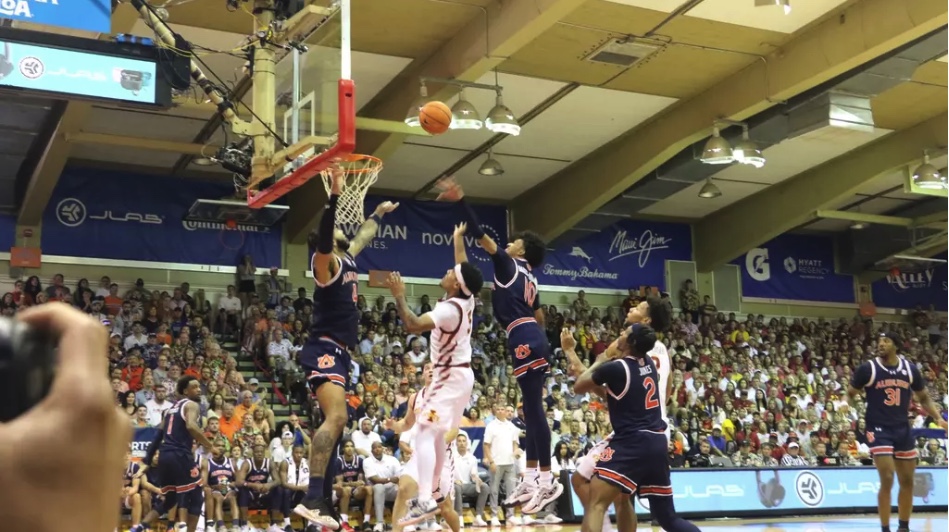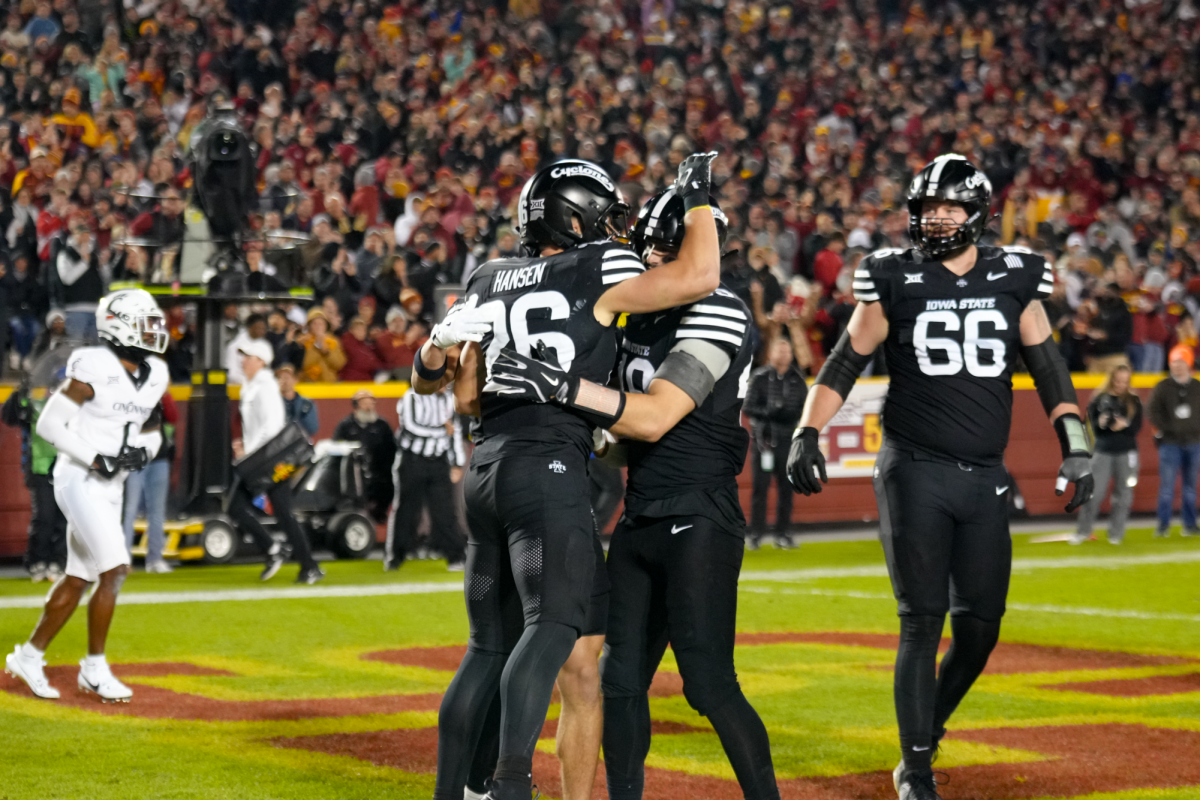LETTER:Campus united against war in Iraq
October 17, 2002
Last week, Congress authorized President Bush to use force against Iraq. The resolution inspired significant opposition in both chambers although debate had begun in earnest only a few weeks before. Should the President undertake this war in the name of the American people, elected officials may be surprised to discover how truly fragile their “mandate” is.
More than one hundred Iowa State University faculty, staff, and graduate students have signed a letter outlining why the United States should not wage unilateral, pre-emptive war on Iraq. A similar letter has been signed by more than twenty thousand people across the United States. To access the ISU document in its entirety, including the names and affiliations of signers, Daily readers with World Wide Web access are encouraged to visit www.public.iastate.edu/~arichard/noiraqattack.html. Although undergraduates were not actively solicited, a number asked to sign the letter, and their names, too, are included.
The letter presents our reasons for opposing a U.S. invasion of Iraq. These reasons include the following:
An invasion of Iraq and destruction of the Hussein regime will almost certainly lead to prolonged instability in Iraq; increased popular appeal of radical Islamic movements in the region and increased anti-American sentiments worldwide; destabilization of the entire Middle East; prolonged and possibly heightened conflict between Israel and the Palestinians; and increased terrorism in the United States and abroad.
The opposition to an invasion among senior U.S. government and military leaders as well as most U.S. allies in the Middle East and elsewhere suggests that the Iraqi threat is not credible.
The Hussein regime is reprehensible, but the war being planned will not decrease and will probably increase the suffering of the Iraqi people for many years to come. If pursued, war should be the last resort.
The signers of this letter hope that our message sparks informed discussion on and off campus, and that this discussion reaches to Washington, D.C.
Anne Richards and Iraj Omidvar
Graduate studentsÿ
Rhetoric and professional
communication






